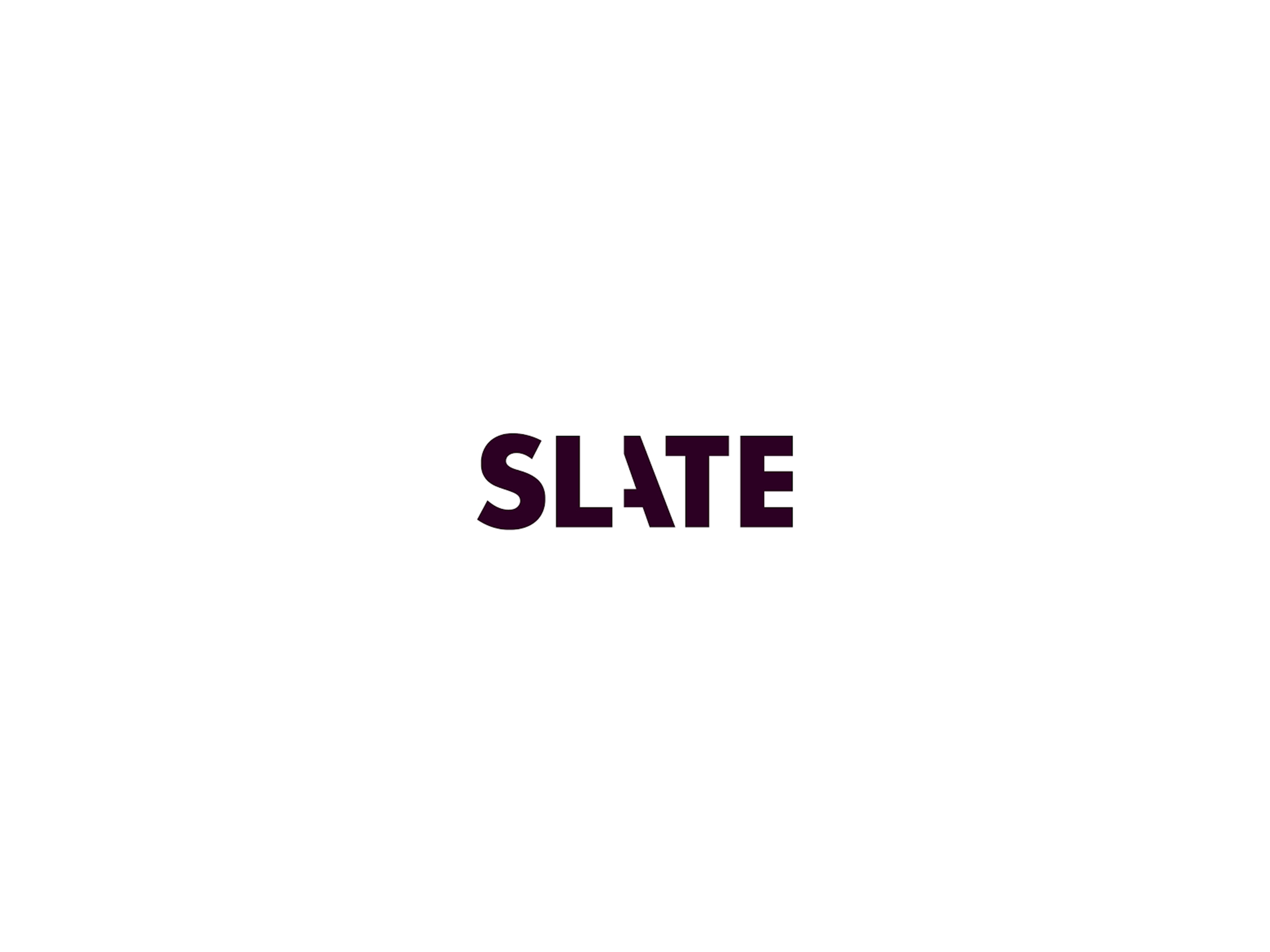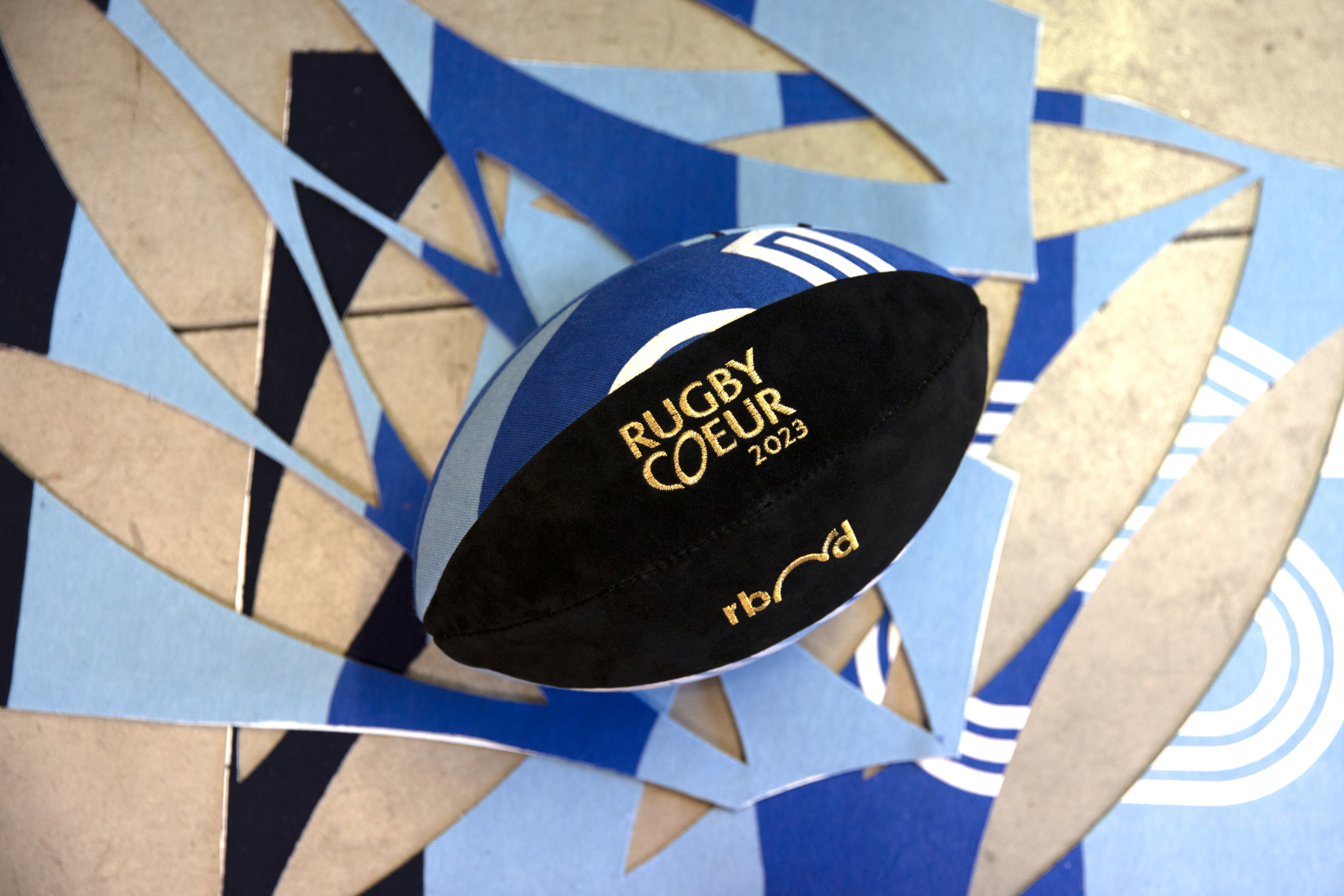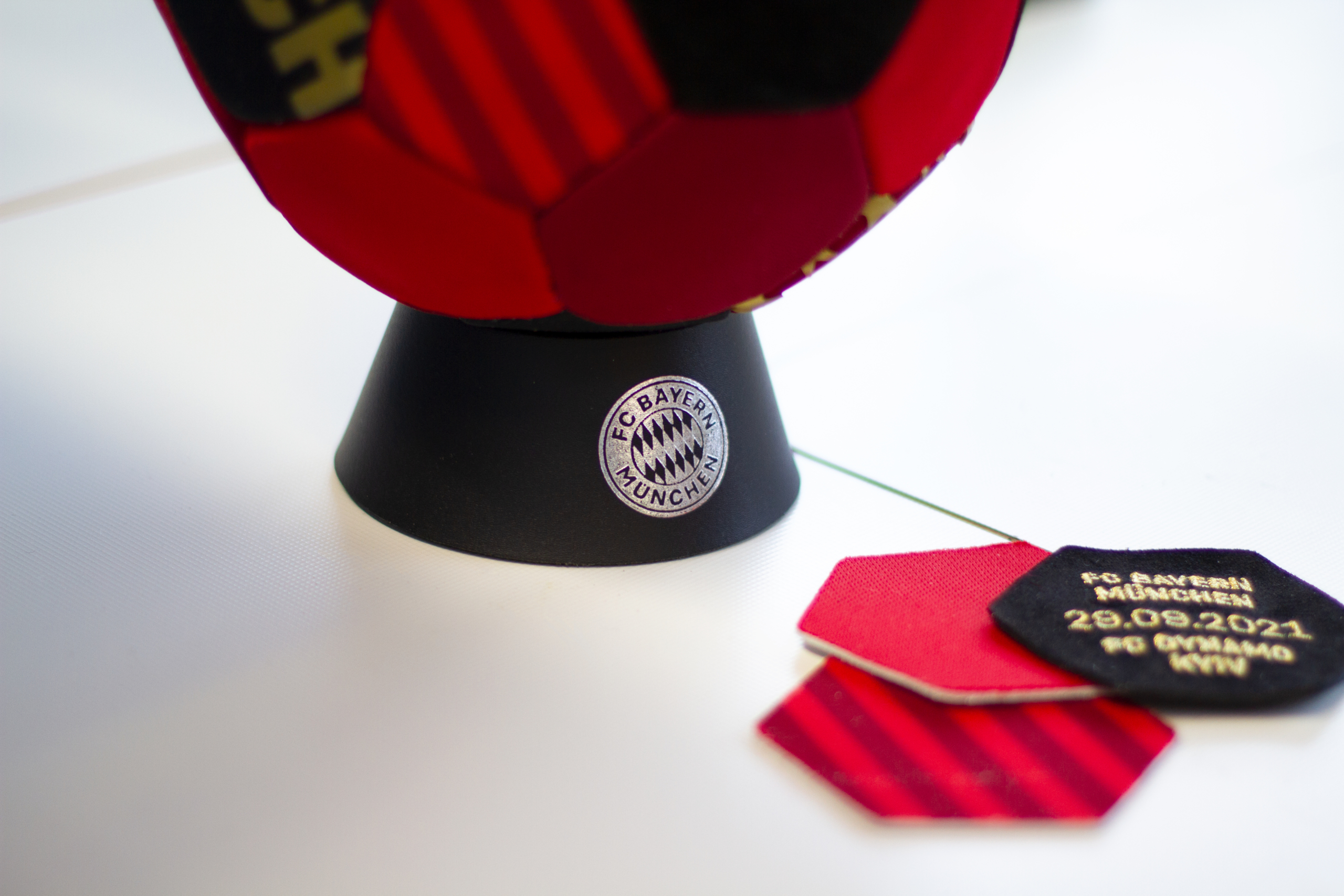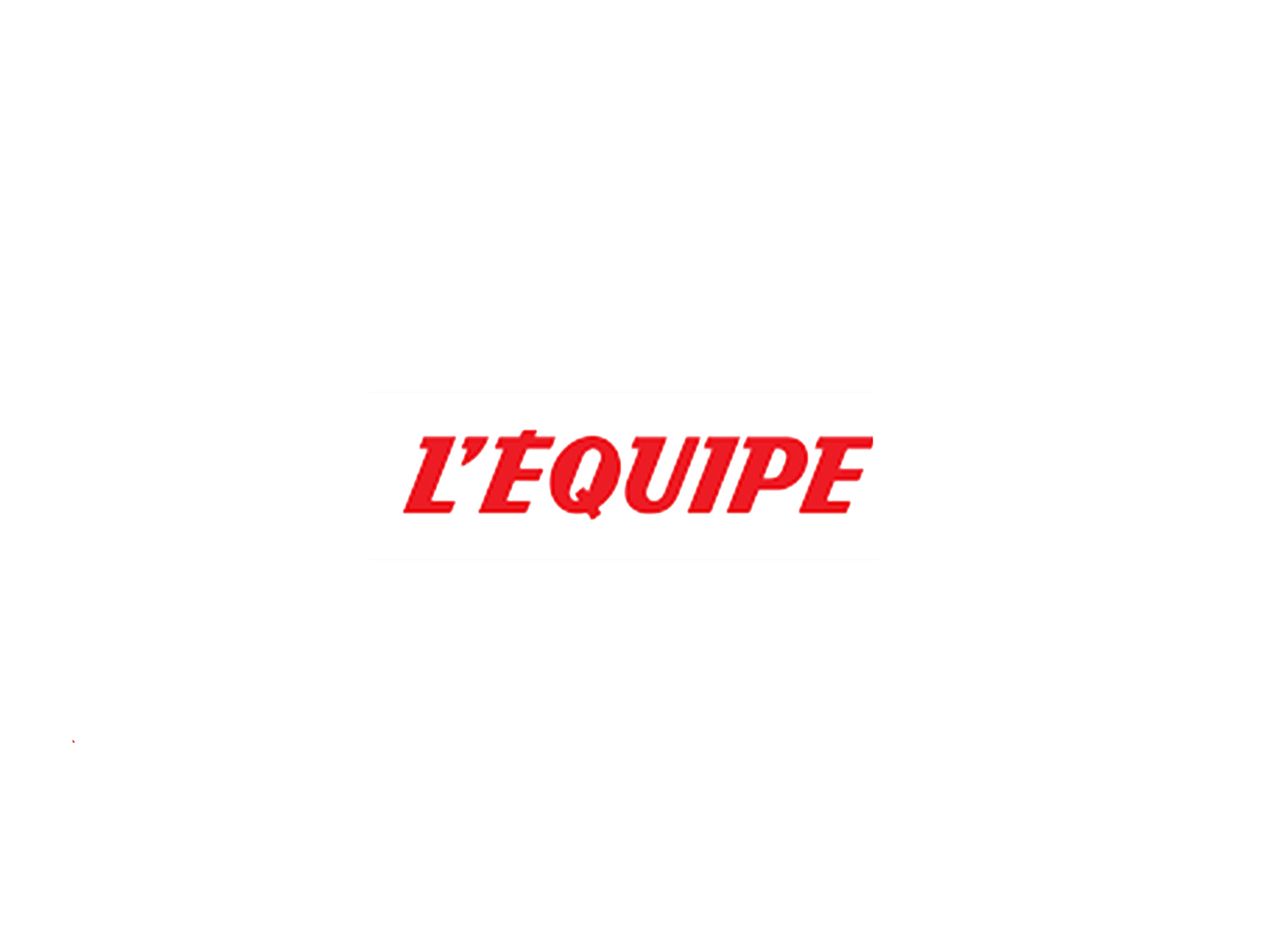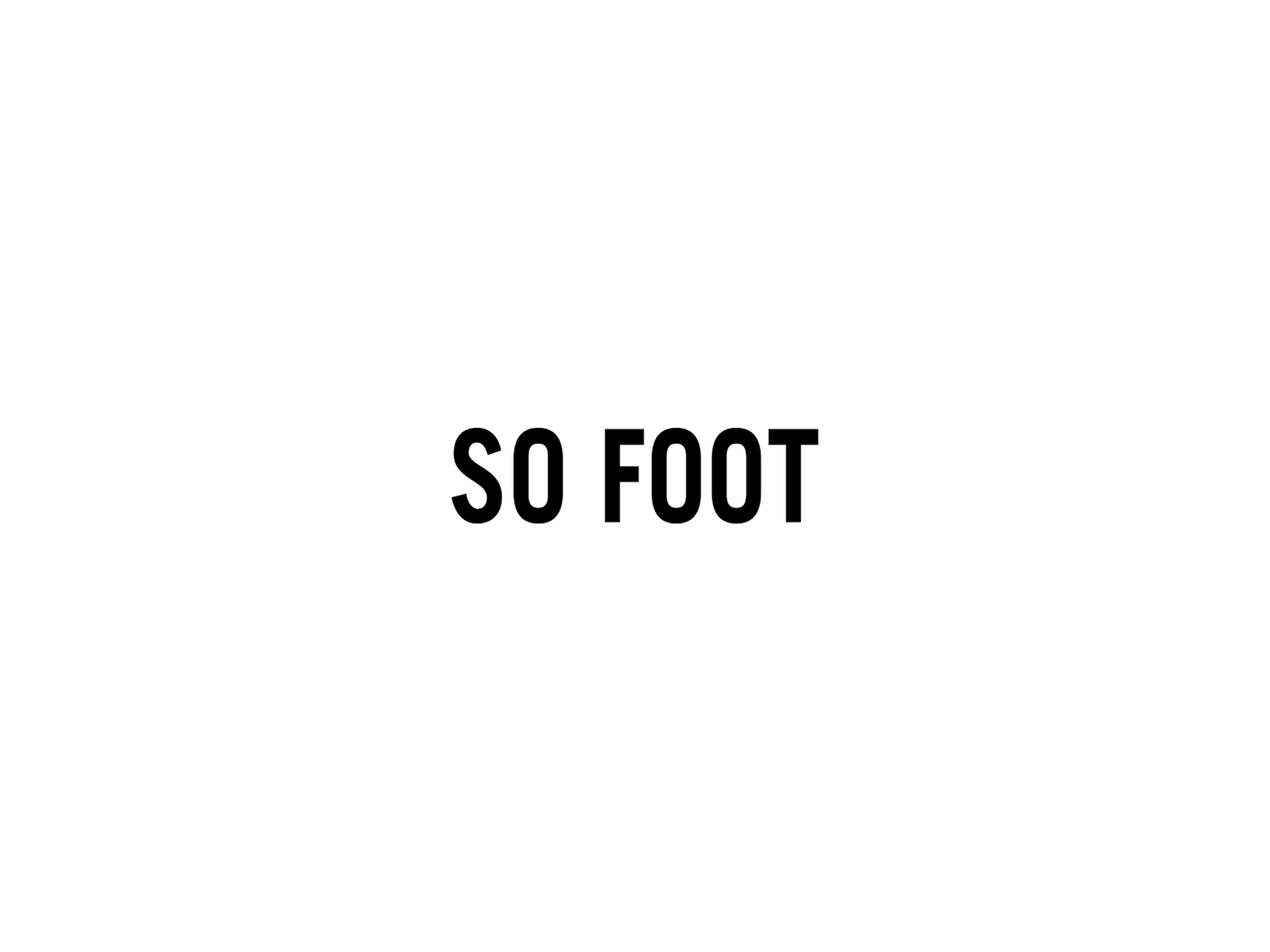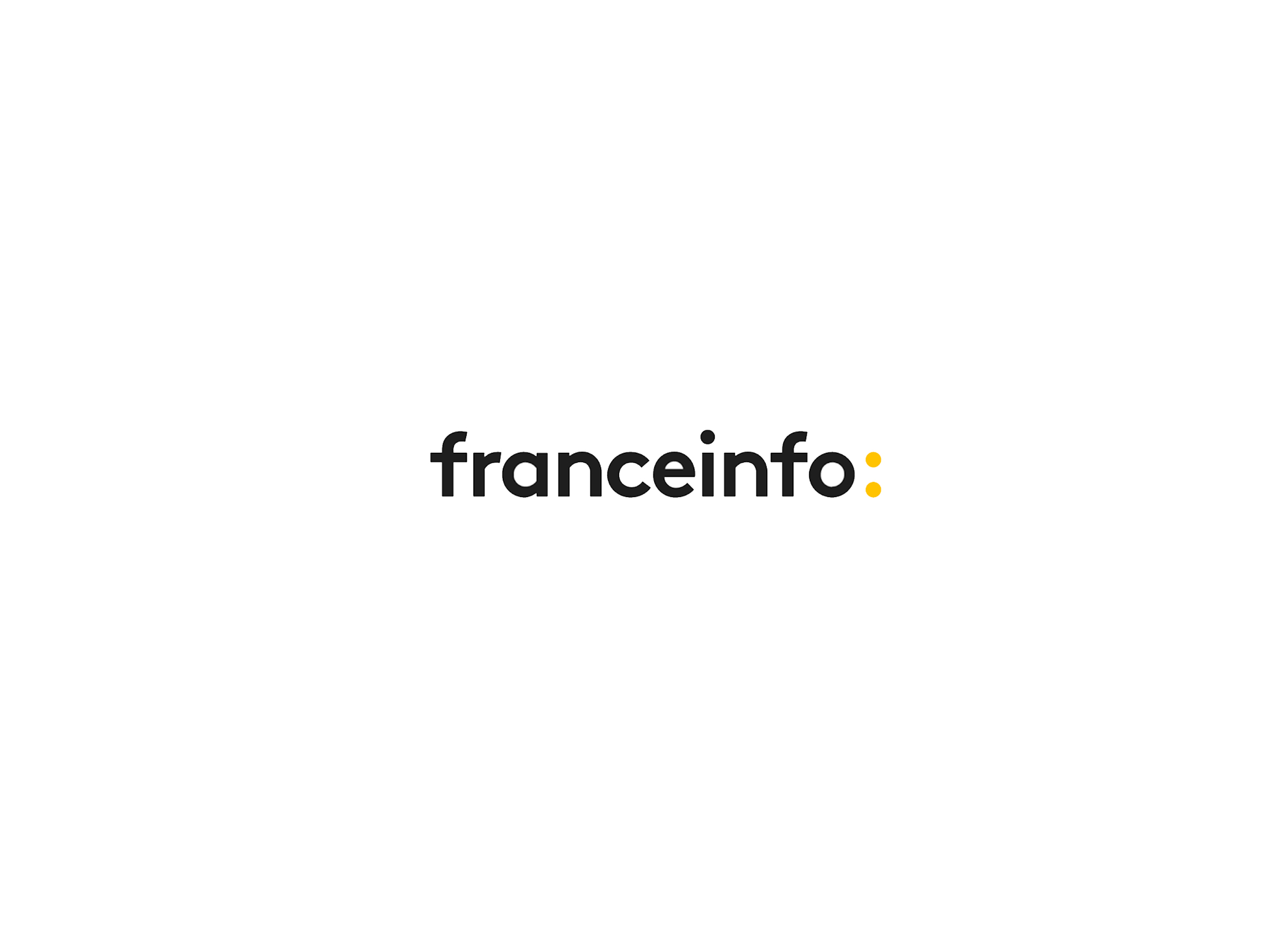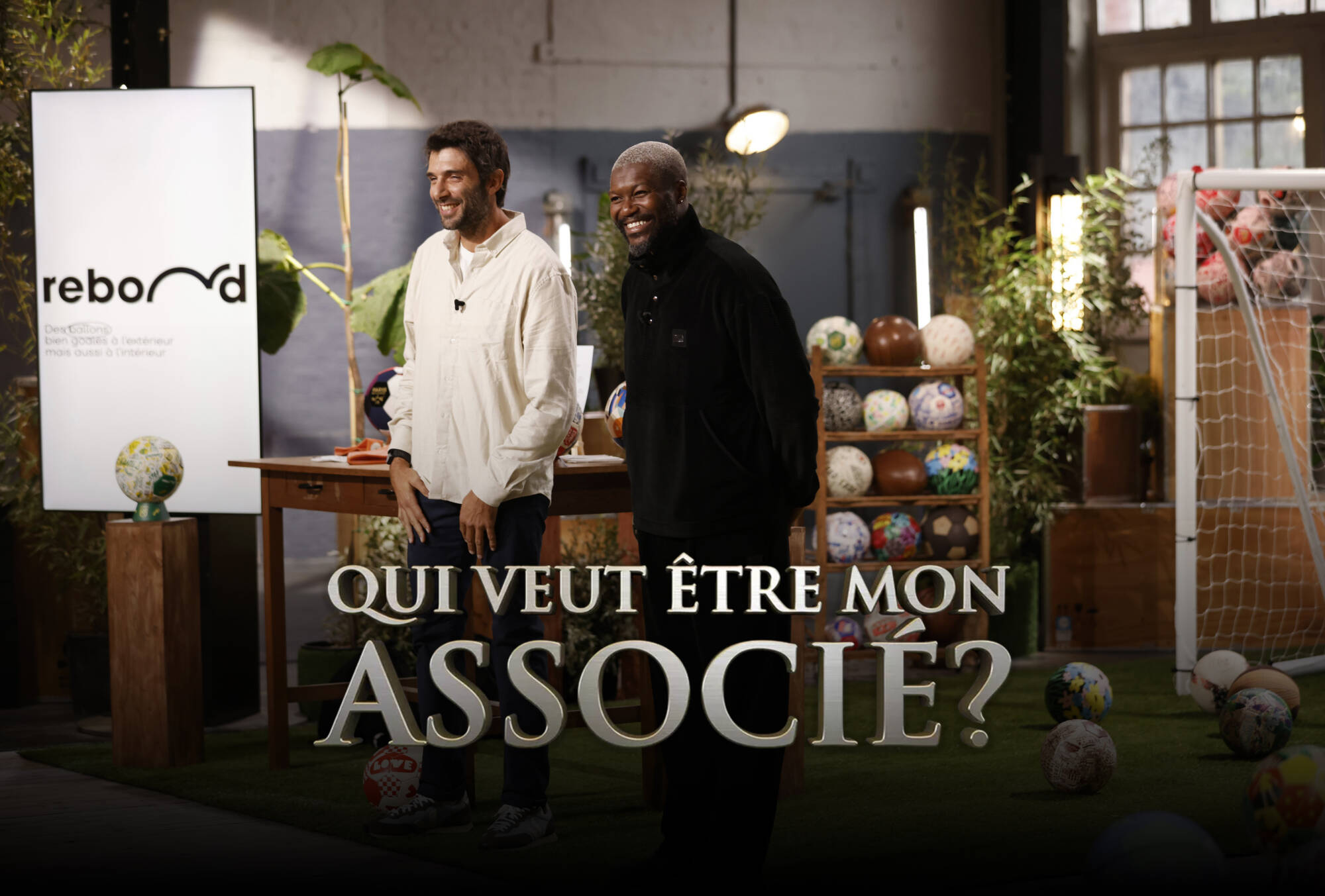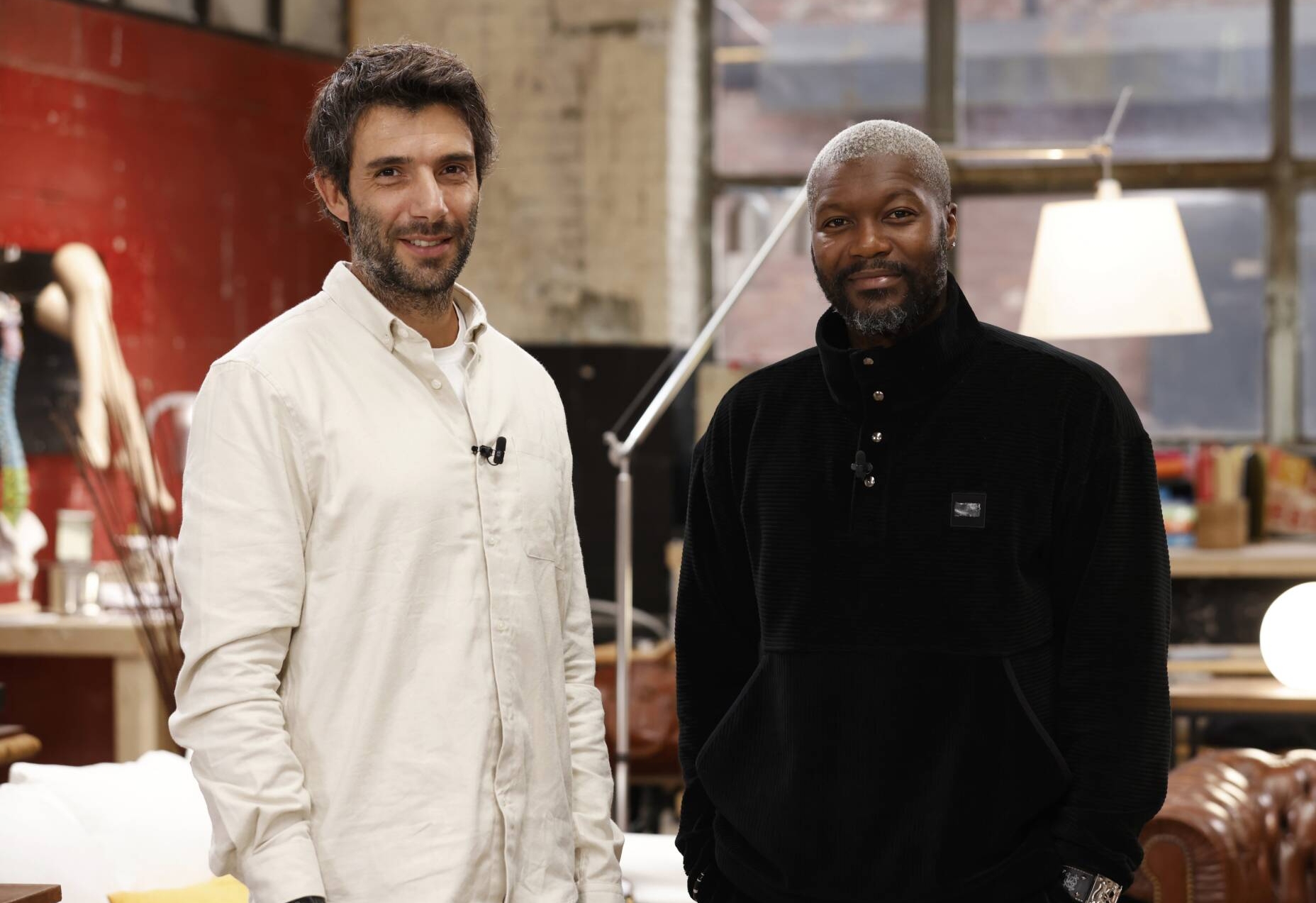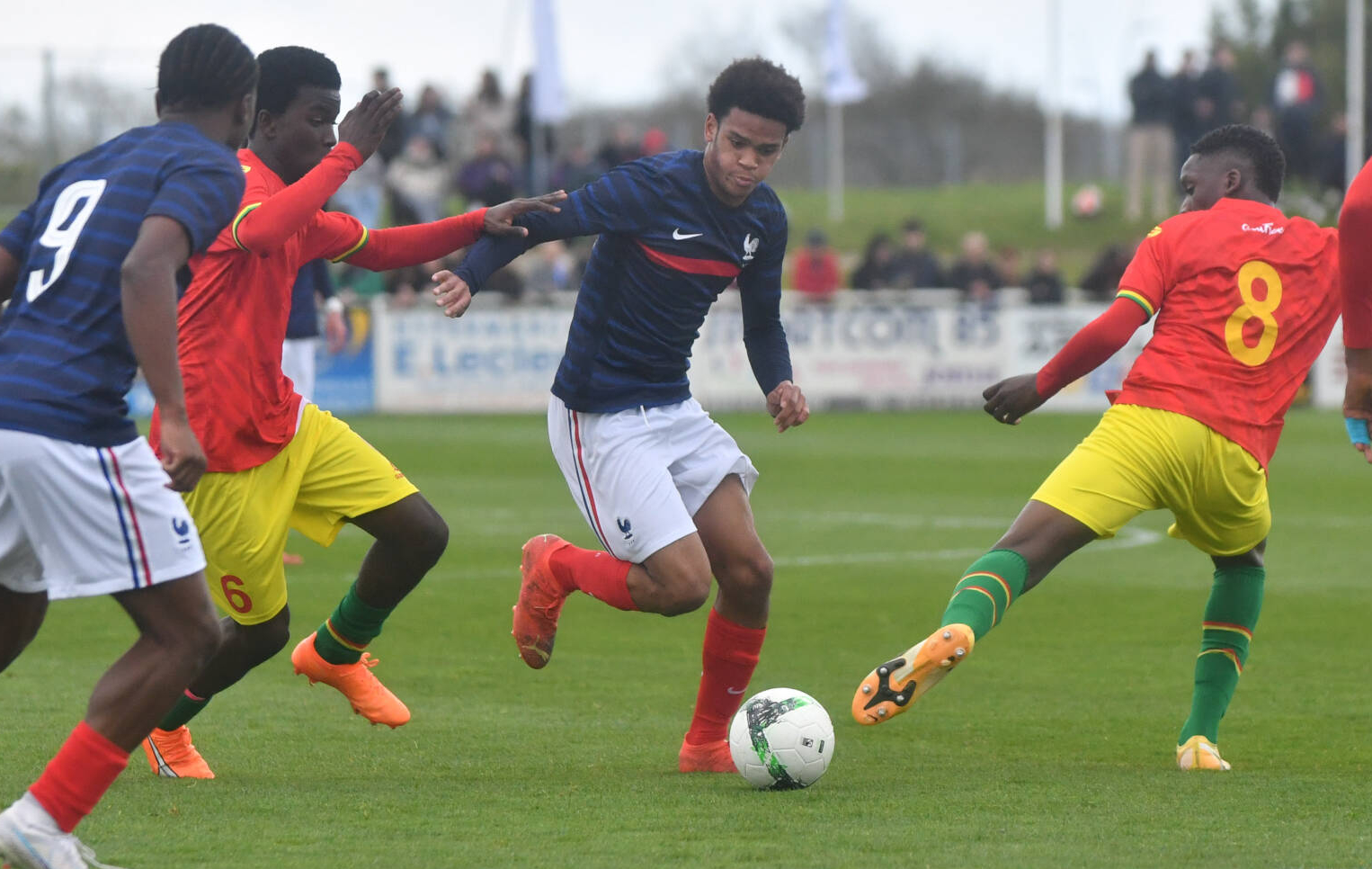SLATE : French football still has ecological goals to set
Vincent Bresson gives an overview of French football and its ecological impact in his article on Slate.fr. Through various interviews, including that with Simon Mutschler, co-founder of Rebond, he finally underlines that « Despite its title of world champion, France in football still has some way to go in terms of ecology ».
Enjoy the reading!
While supporters count the days leading up to the resumption of the French team, France's most popular sport has yet to realize its environmental impact.
Munich, Budapest then potentially Dublin, Saint Petersburg or even London. The Mbappé gang would have seen the country this summer if Euro 2020 had not been postponed to next year due to the global epidemic. Organized in twelve host cities scattered in little puzzle-style pieces all over Europe, the structure of this European Cup is unique in its kind. The issues it will raise too.
The incessant travel will change the habits of the teams responsible for the organization and confront them with a real headache: how to best ensure the physical preparation of the players in these conditions? But athletes will be far from being the first victims of this convoluted organization. When it comes to the environment, UEFA could hardly have made a worse choice. "This is the absolute example of what not to do," laments Didier Lehénaff, president of SVPlanète, an association for raising awareness of the environmental impacts of sport.
Within the king of sport, the ecological aberrations of Euro 2020 do not make it an isolated case. Between the air conditioning of stadiums in Qatar, the long journeys through Russia during the last World Cup and the construction of gigantic, but sometimes uncrowded stadiums in Brazil, something is not right. And French football is no exception.
Red card
Football is as passionate as it emits CO 2. That is to say. Construction of stadiums, movement of players, lighting, maintenance of the lawn: Football Écologie France, an association that works on ecological projects for this sport, took out the calculator. Count 10 tonnes of waste on average for a Ligue 1 match and 100 million cubic meters of water for the maintenance of French lawns each year. Compared to other economic sectors, Antoine Miche, president of the association, assures us that «football is between fifteen and twenty years behind in terms of corporate social responsibility».
A few foreign clubs have made efforts such as Ajax Amsterdam whose players occasionally take the train. But the teams in the French championship are still far from having generalized this practice.
«Football has between fifteen and twenty years of delay in corporate social responsibility.»
According to an article in Le Parisien, 82% of Ligue 1 clubs travel via private flights. "When you see that PSG are flying to Dijon, but the club bus is going there empty... You have to ask yourself the right questions!" , Didier Lehénaff is annoyed.
The environmental impacts generated by the cohort of players and members of the organization during their travels are nothing compared to the thousands of supporters who come out every weekend to support their favourite team. «Transport is a major source of the environmental impact of football since this sport can fill stadiums with 40,000 to 60,000 seats in France», continues this former high-level triathlete. Especially since the huge parking, lots around the stadiums do not encourage swapping the car for a more eco-responsible mode of transport.
Money first
In France, some sports circles seem to have realized their impact on the environment and are busy minimizing it. Roland Garros is, as such, a good student. Responsible food, the fight against food waste, renewable energies ... For several years, this tennis monument's commitment to the environment has accelerated. «Acting for the environment takes time because it goes through several phases. Football is far from it, it is still struggling to realize this issue», says Didier Lehénaff.
For the president of SVPlanète, the culprit is all found: money. «The authorities of French football seem to focus solely on the sustainable development' of their sport, especially at the economic level.» Because if a game is won on the green field, sporting results depend heavily on a club’s budgets. The bank accounts of the French league teams are nowhere near those of its English and Spanish neighbours. With PSG’s XXL budget in the Qatari era and the arrival of Neymar, Ligue 1 is however becoming more and more attractive for investors. A cash flow represents an additional constraint: why want to produce less, bet on an expensive made in France or even avoid the expansion of a stadium when sports and economic projects are so closely linked?
Solar panels, bikes and relocation
The picture is not entirely bleak. " When it comes to ecology, French soccer is at an interesting level compared to other European nations," maintains Antoine Miche, who believes that a change is underway. In Zidane's homeland, some clubs are making small efforts. More and more stadiums in France, for example, are equipped with solar panels. "The Nice Arena was designed to comply with the Grenelle de l'environnement environmental standards of 2007. And the 7,000 square meters of photovoltaic panels covering it have made it a positive-energy stadium. Stade Geoffroy Guichard in Saint-Étienne was also renovated with this in mind," Didier Lehénaff explains.
The Greens have another particularity: their sponsor. For several years now, Le Coq Sportif has chosen to relocate part of its production to its country of origin. While some jerseys are 100% made in France, this is still far from being the case for the entire production. At the head of Rebond, an eco-responsible balloon start-up, Simon Mutschler still believes that a positive dynamic around product manufacturing conditions is underway.
«Things are moving, but you can wonders if it's not for the clubs with the sole purpose of improving their image.»
«Even if clubs and federations are not always agents of change, there are things that are changing. But one wonders if this is not just in order to improve their image. Will they follow through on their desire for change when they see the prices of eco-responsible products?», asks the young entrepreneur aloud. Launched last October with FC Nantes, its first balls have had some success. «Several clubs have come into contact with us, such as PSG, but they are mainly foreign clubs, in particular Liverpool and Bayern Munich.»
Production is far from the only lever to green football. The SVPlanète and Football Écologie France associations are highlighting other avenues: promoting soft mobility by increasing the number of bicycle parks near the stadiums, facilitating public transport, consuming locally, making greater use of the French rail network for player travel. and supporters… Solutions in line with those proposed by environmentalists at the national level.
And tomorrow?
If the Saint-Etienne Greens have not regained their former glory, in the world after, the Green is gaining ground. Victories of EELV candidates in the municipal elections, a recovery plan geared towards ecological measures, Citizen's Convention for the climate… The Covid-19 seems to reshuffle some cards. In football too, sustainable development could perhaps score points, even if Didier Lehénaff remains sceptical: «In society, there is an awareness to make the world a better place. But the world of football does not seem to evolve towards this configuration, as it is crushed by the economic sphere. Yet it is a powerful lever to make a difference.»
Two years after signing the Environmentally Responsible Events Charter promoted by the Ministry of Sports and one year after signing a partnership with WWF, the commitments of the Professional Football League (LFP) have not produced a green revolution. «Every 4 minutes the equivalent of a forest football field disappears on the planet […]. Faced with this phenomenon, it is important that everyone is concerned», nevertheless specified Nathalie Boy de la Tour, president of the LFP. Maybe it's planned for 2021? «The next year can be revealing. I think we are taking a turn in that direction. With everything going on at the start-up and youth level, they will have to jump in and open their eyes», bet Simon Mutschler.
Very little followed, these announcement effects have not caused an earthquake within the clubs, nor among the players, with a lifestyle sometimes far removed from ecological considerations. However, following the partnership with the LFP, Isabelle Autissier, president of WWF France, called on footballers to «become champions of the environment». Despite its title of world champion, France in football still has a long way to go in terms of ecology.
French company
Secure payment
24h delivery with Chrono - 72h with Colissimo
Customer service
